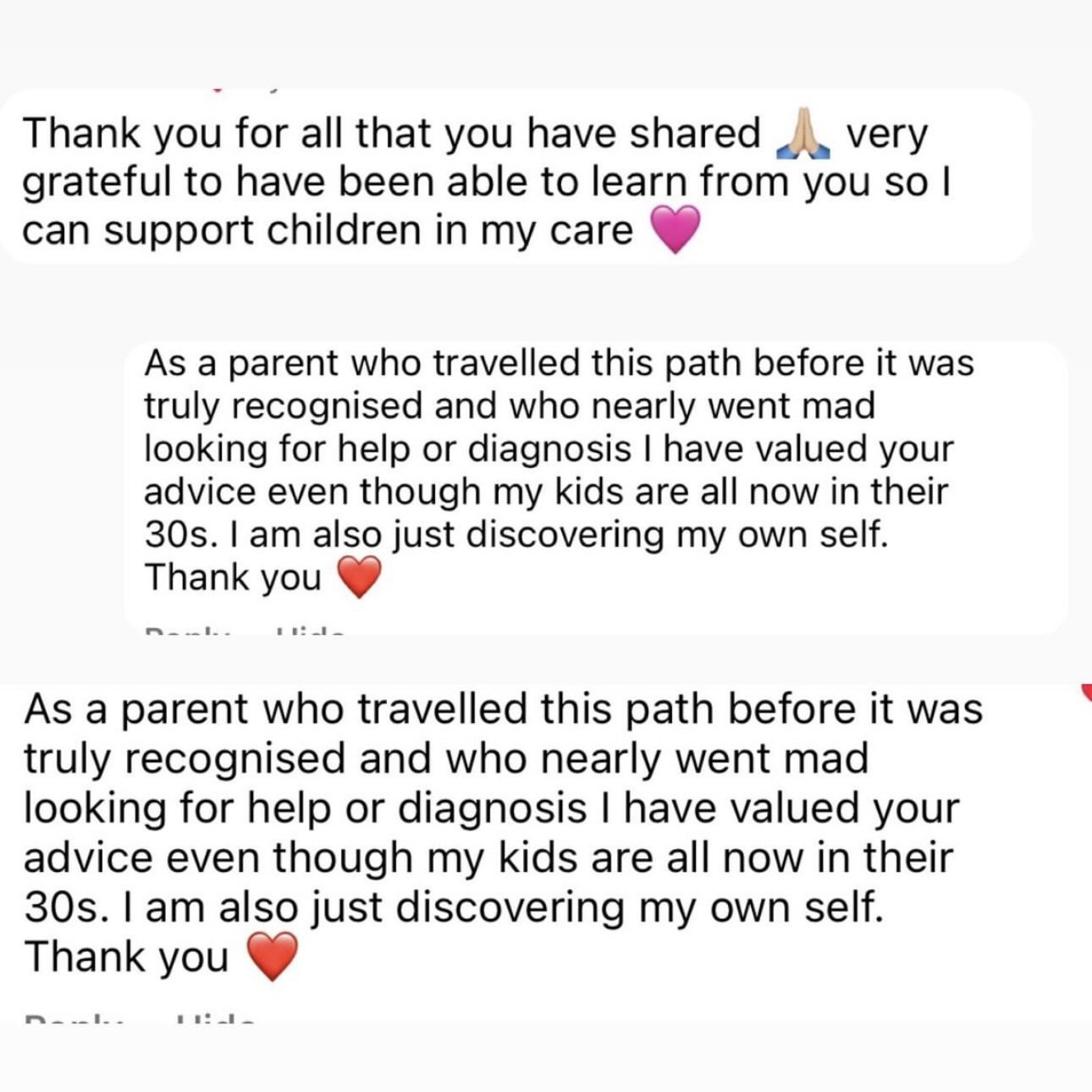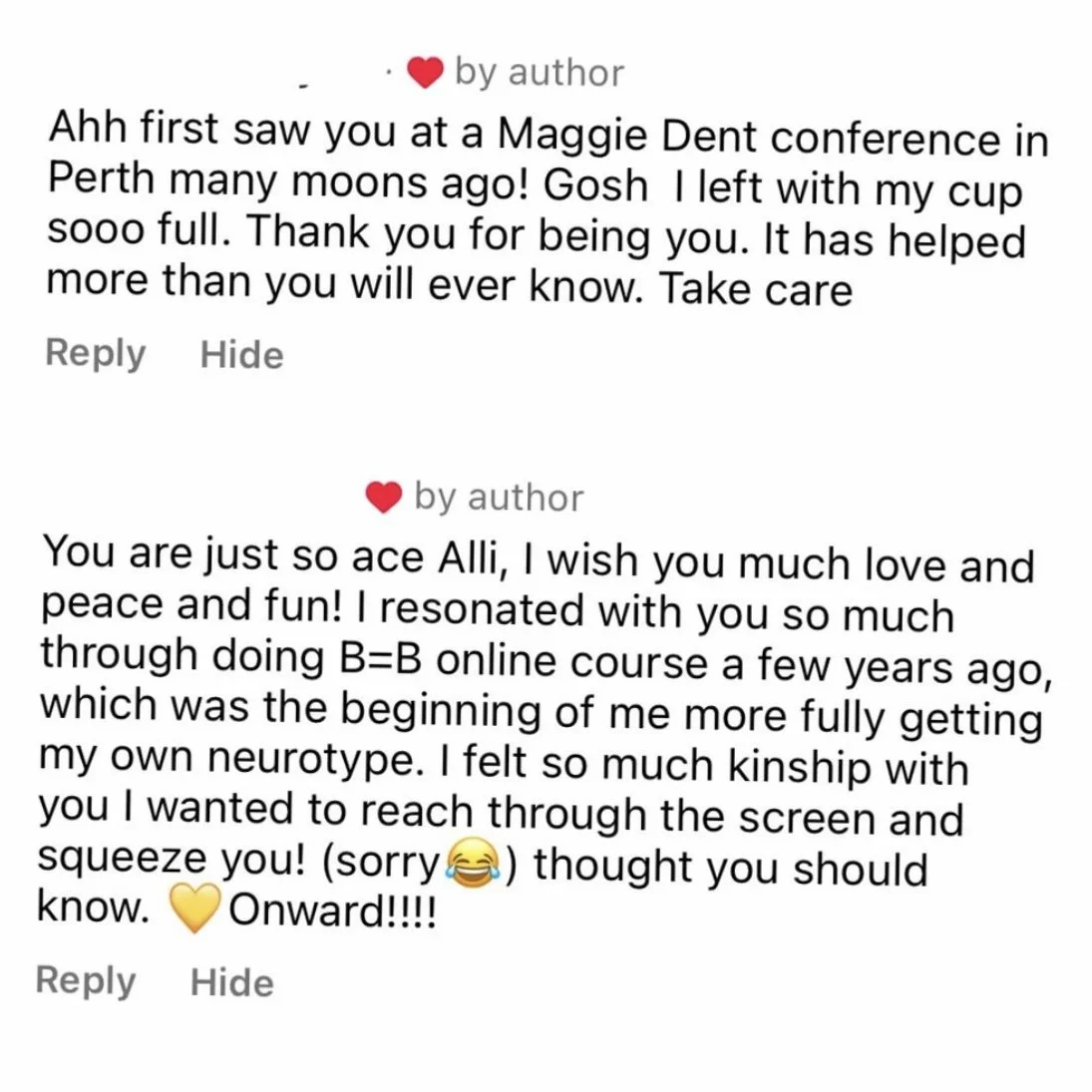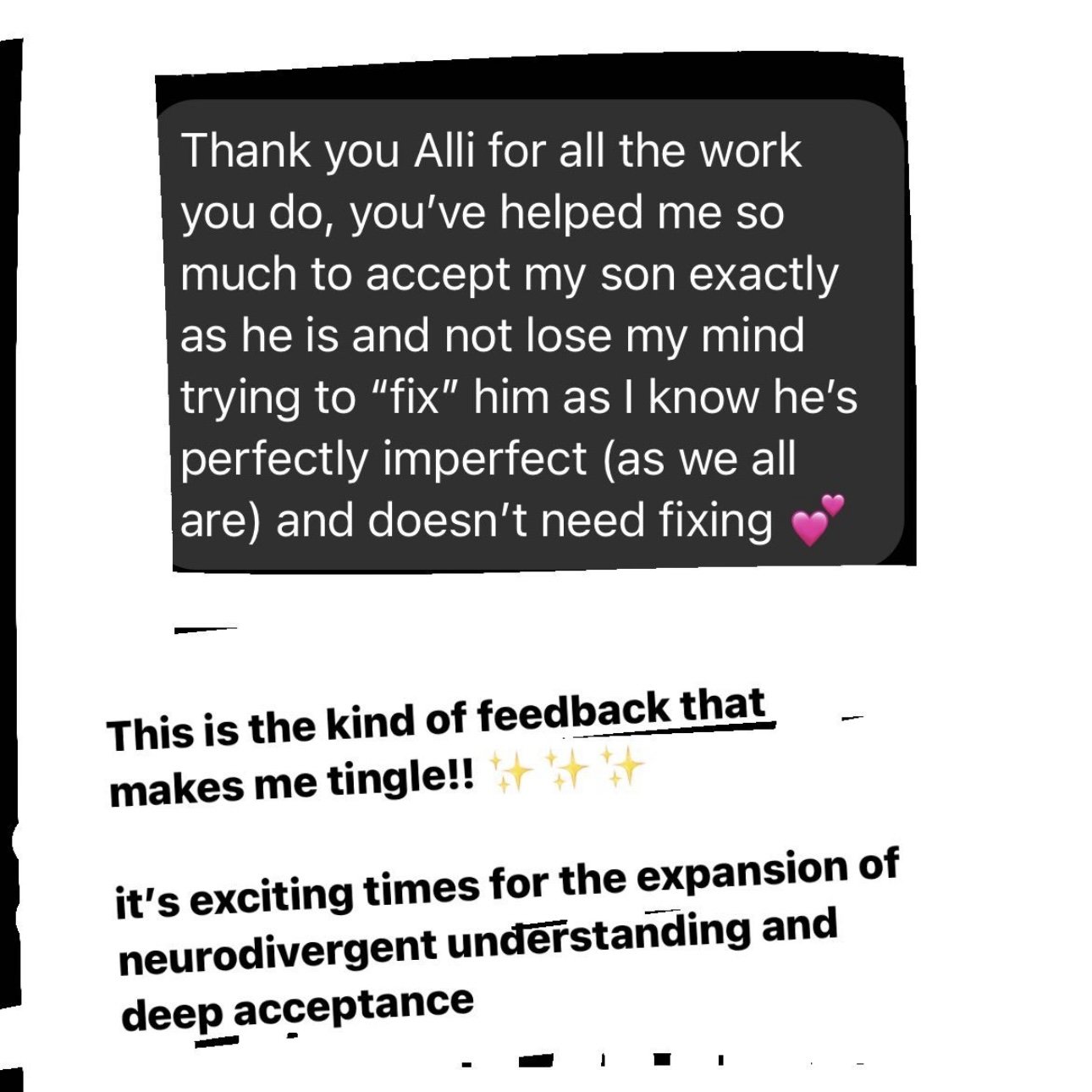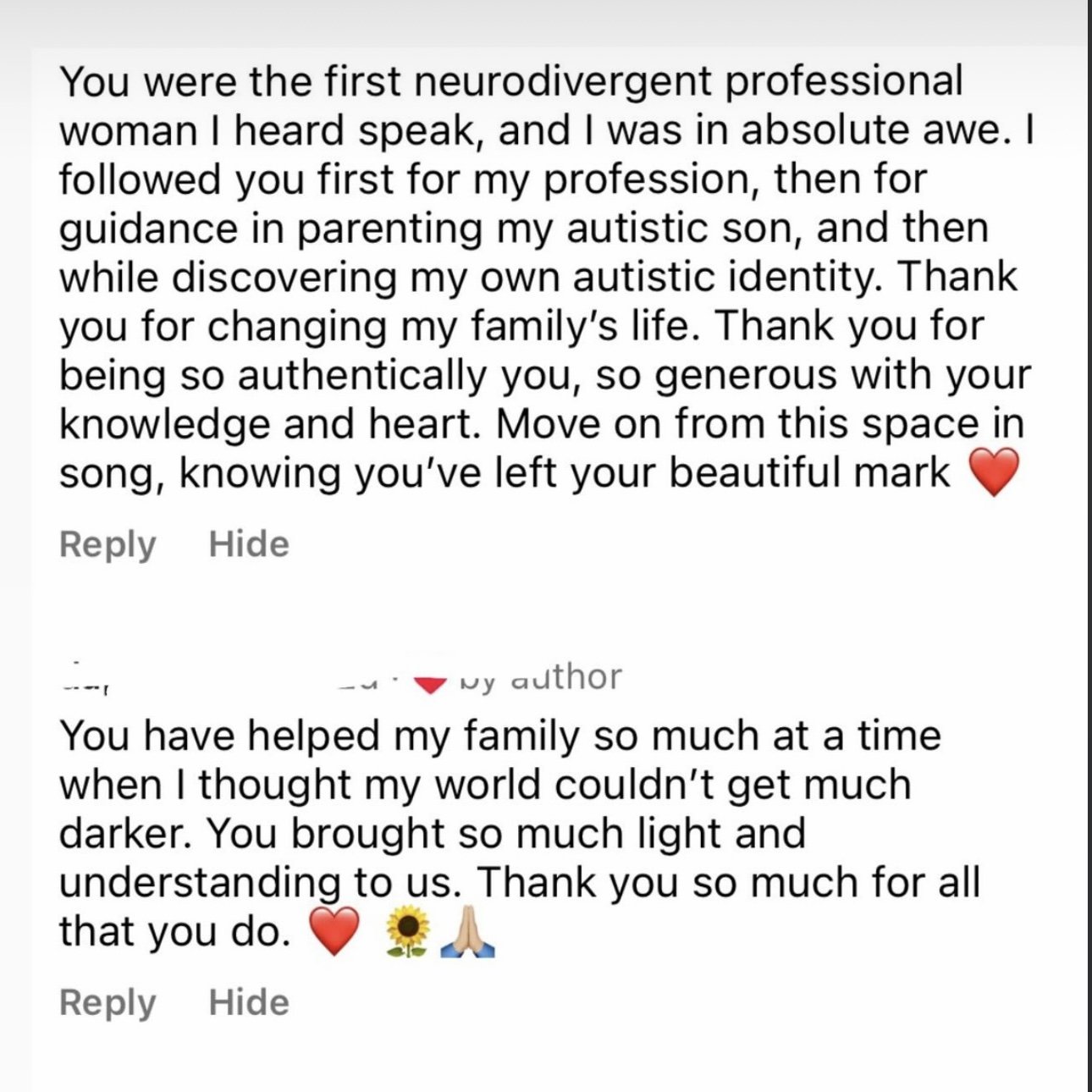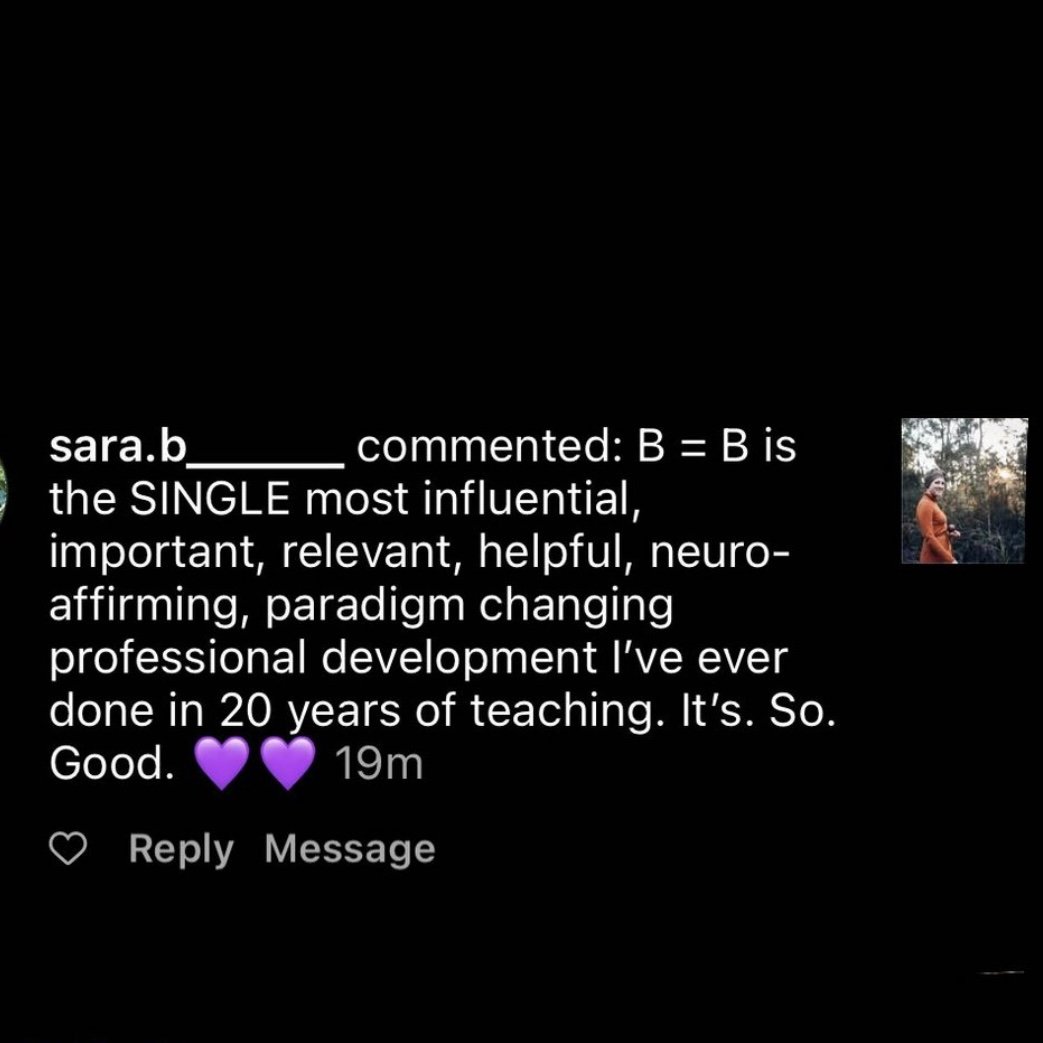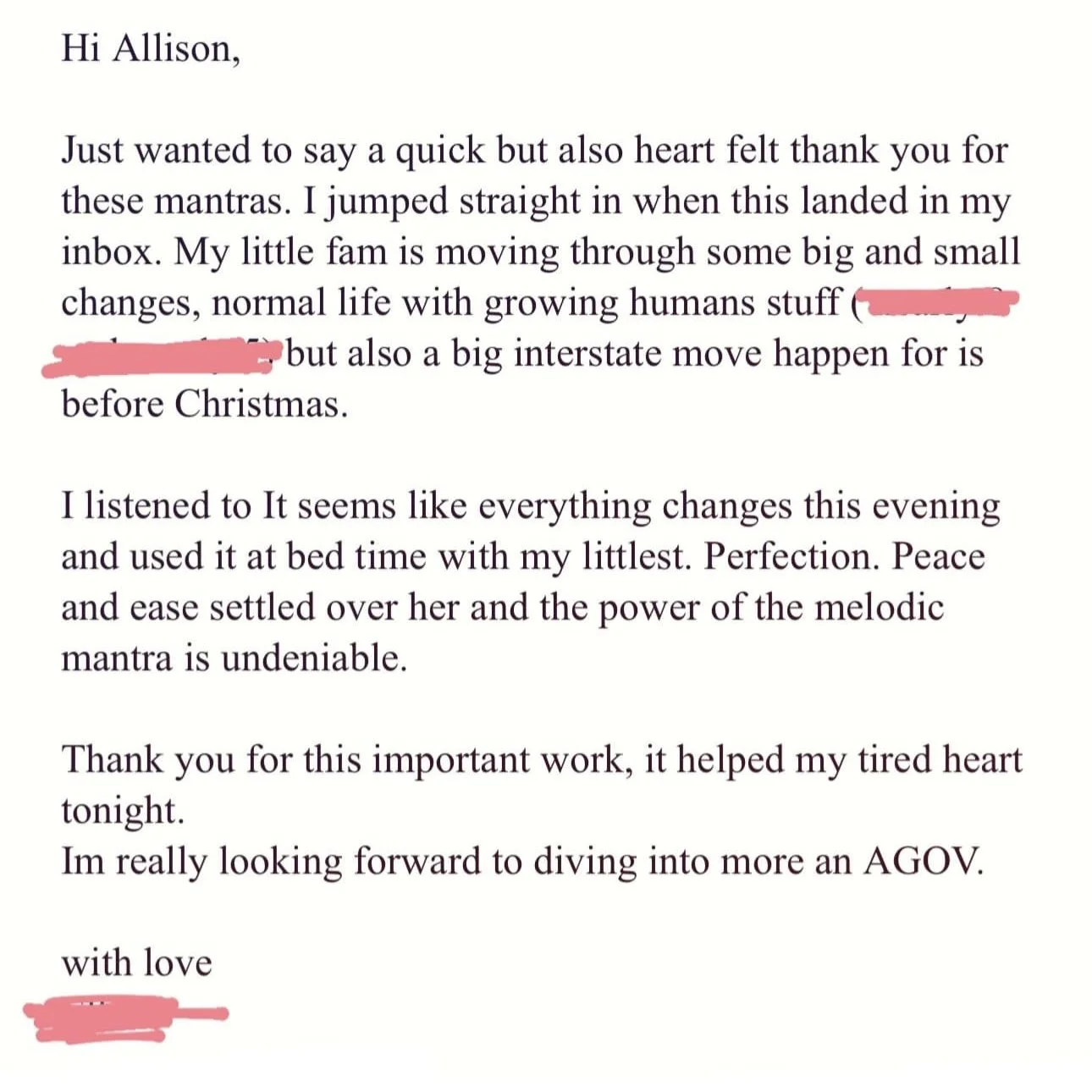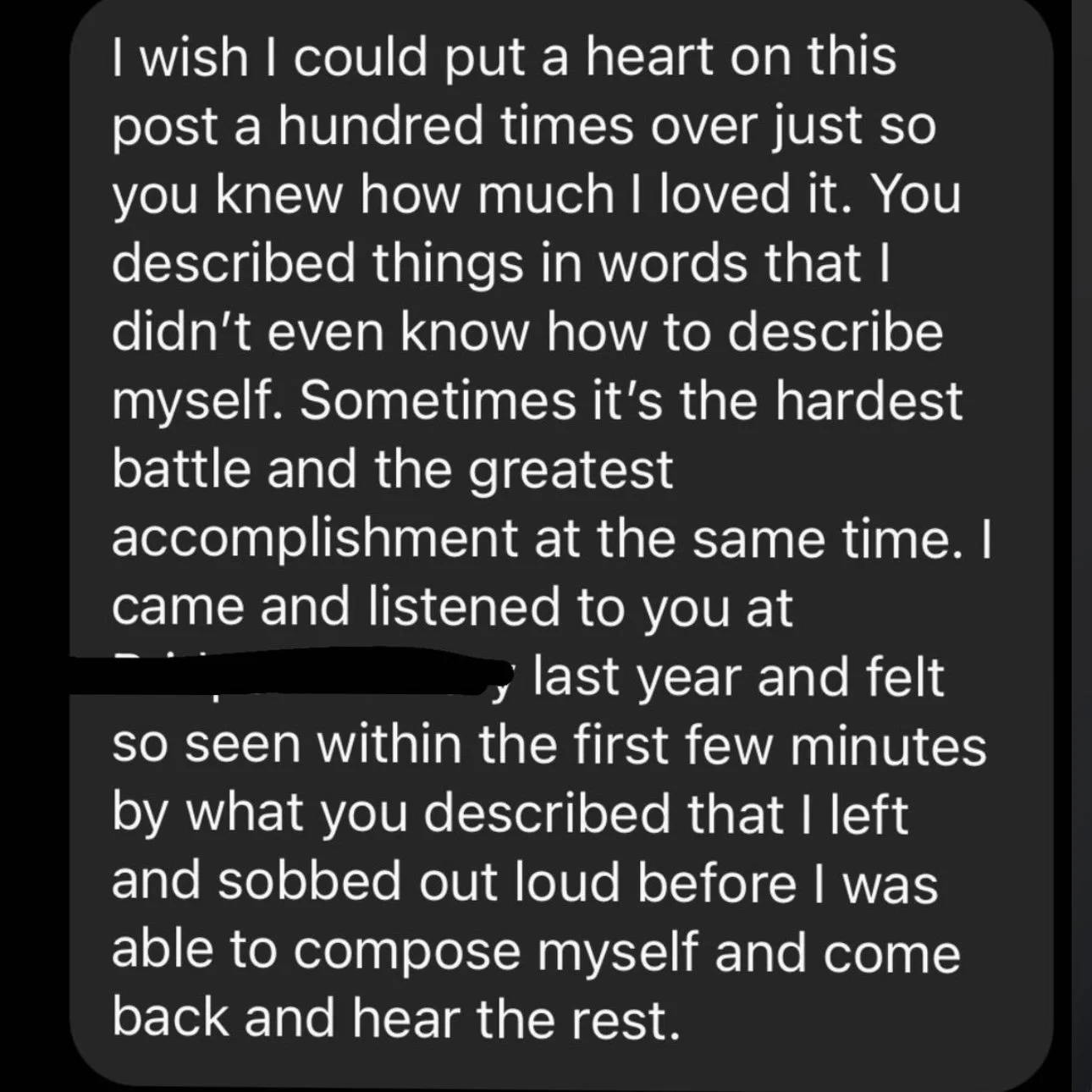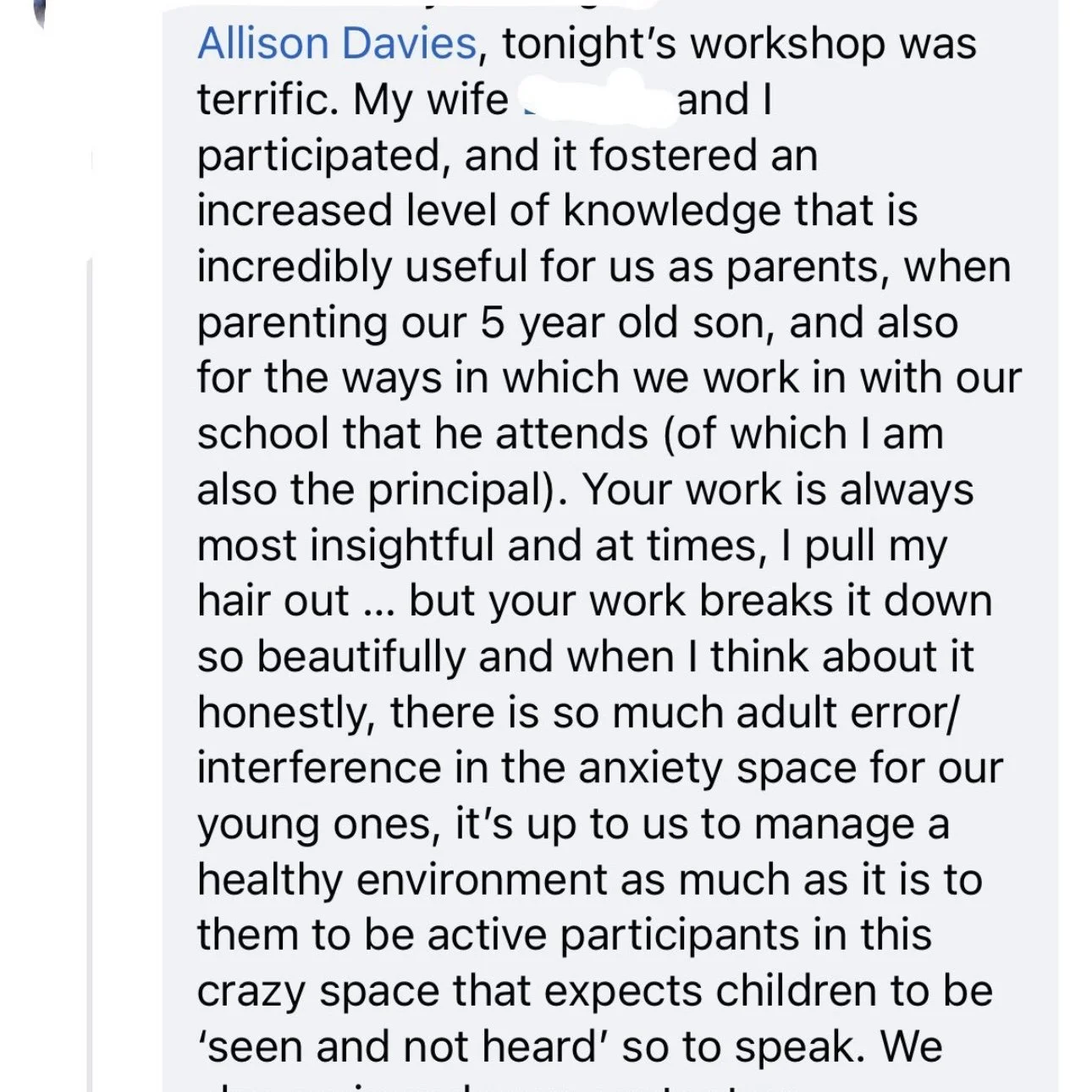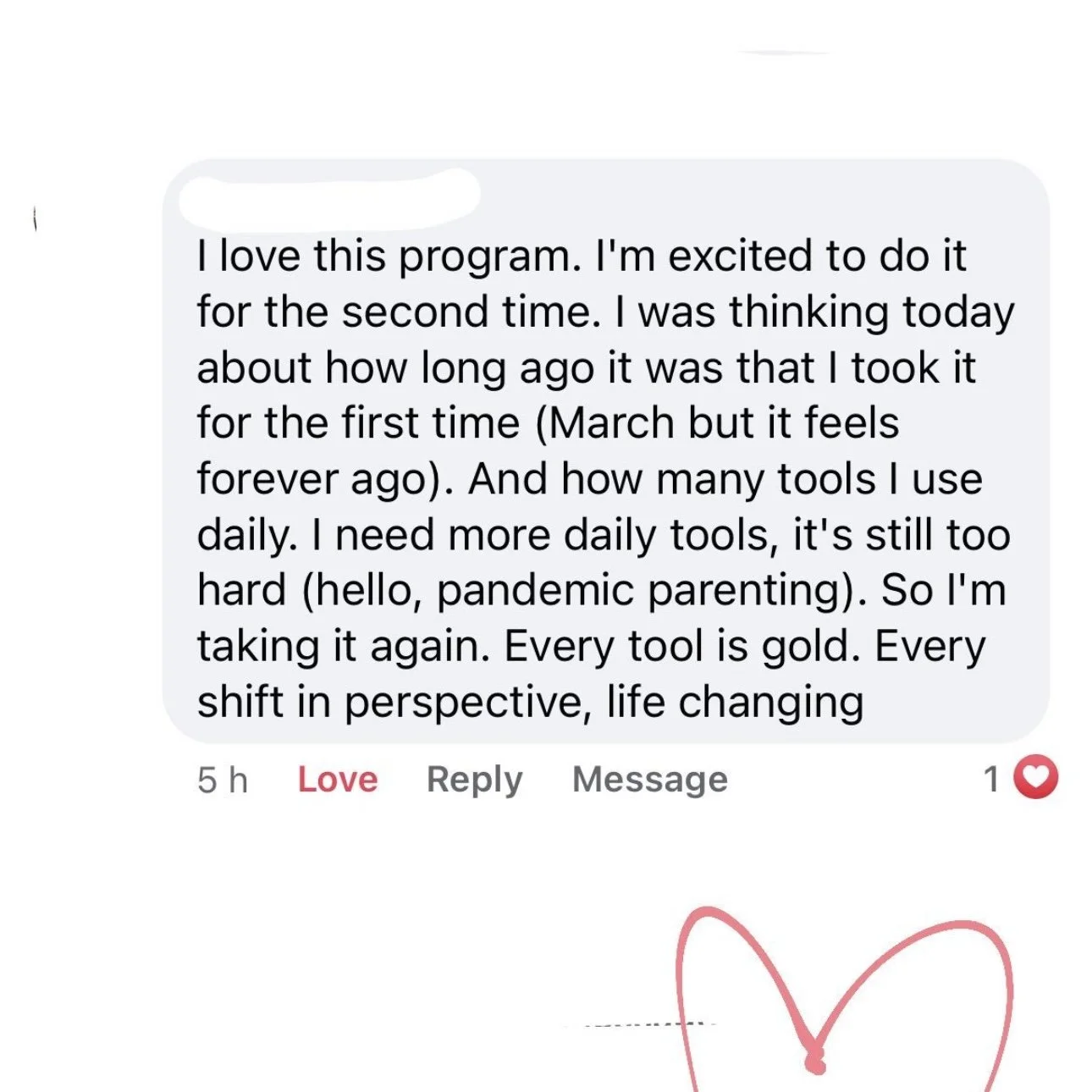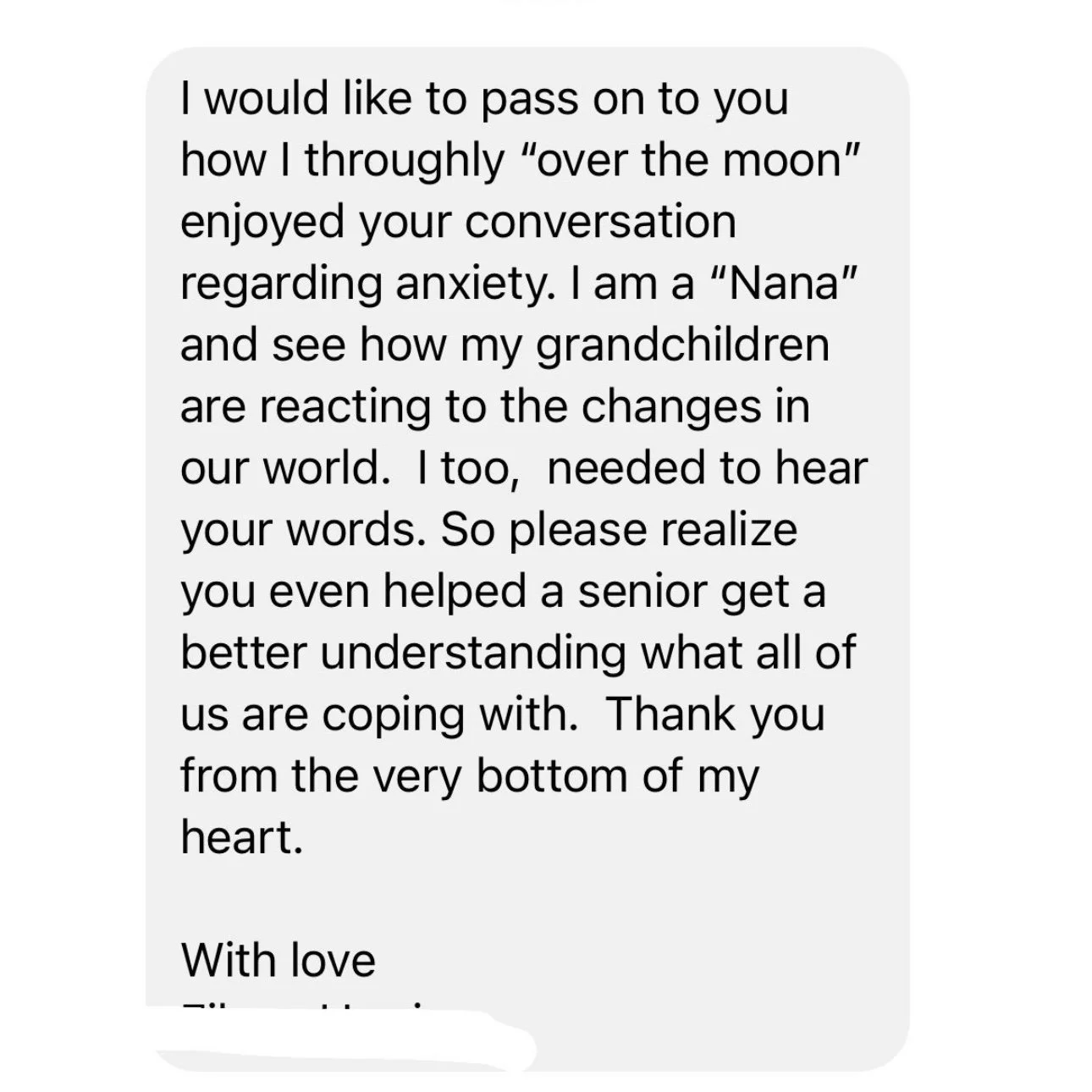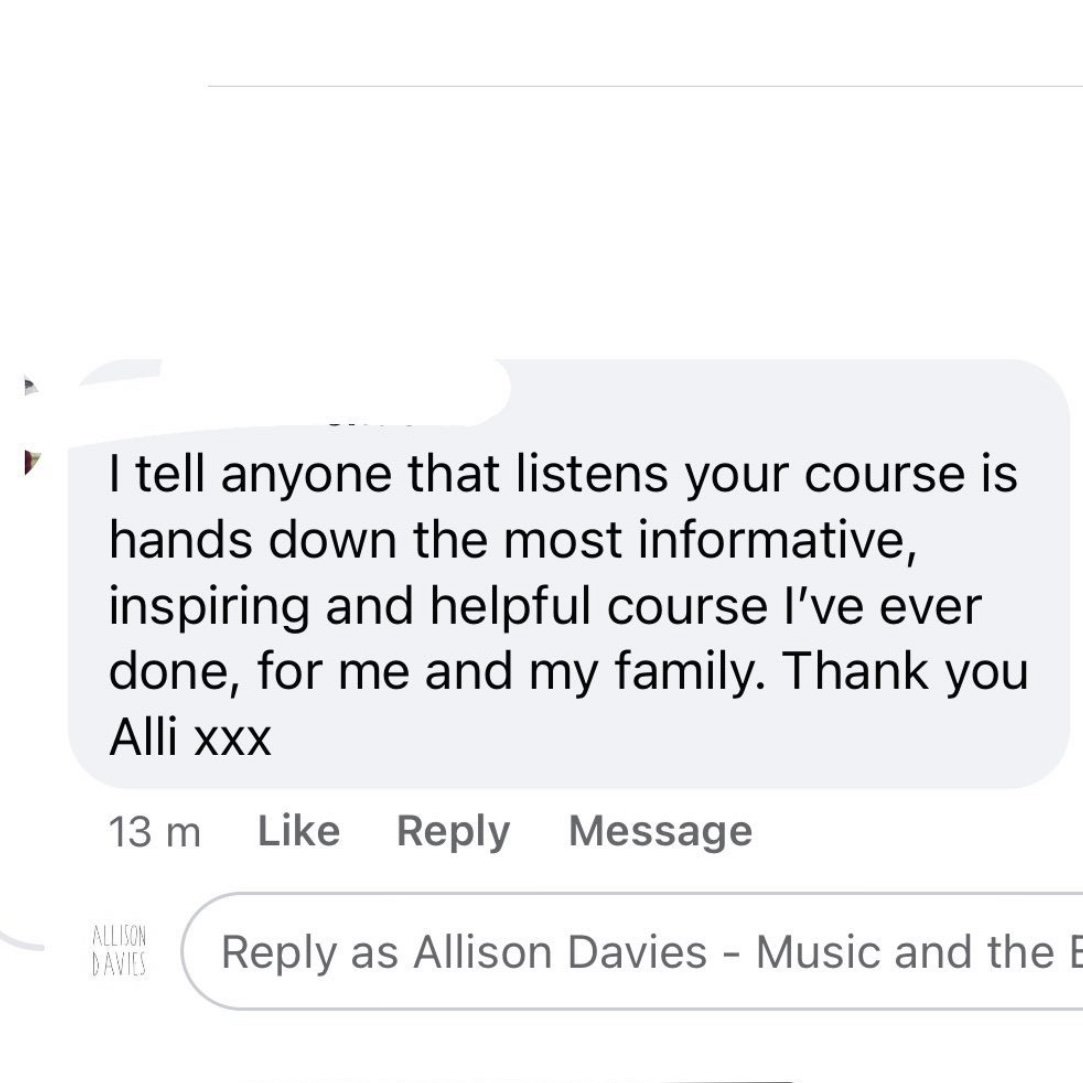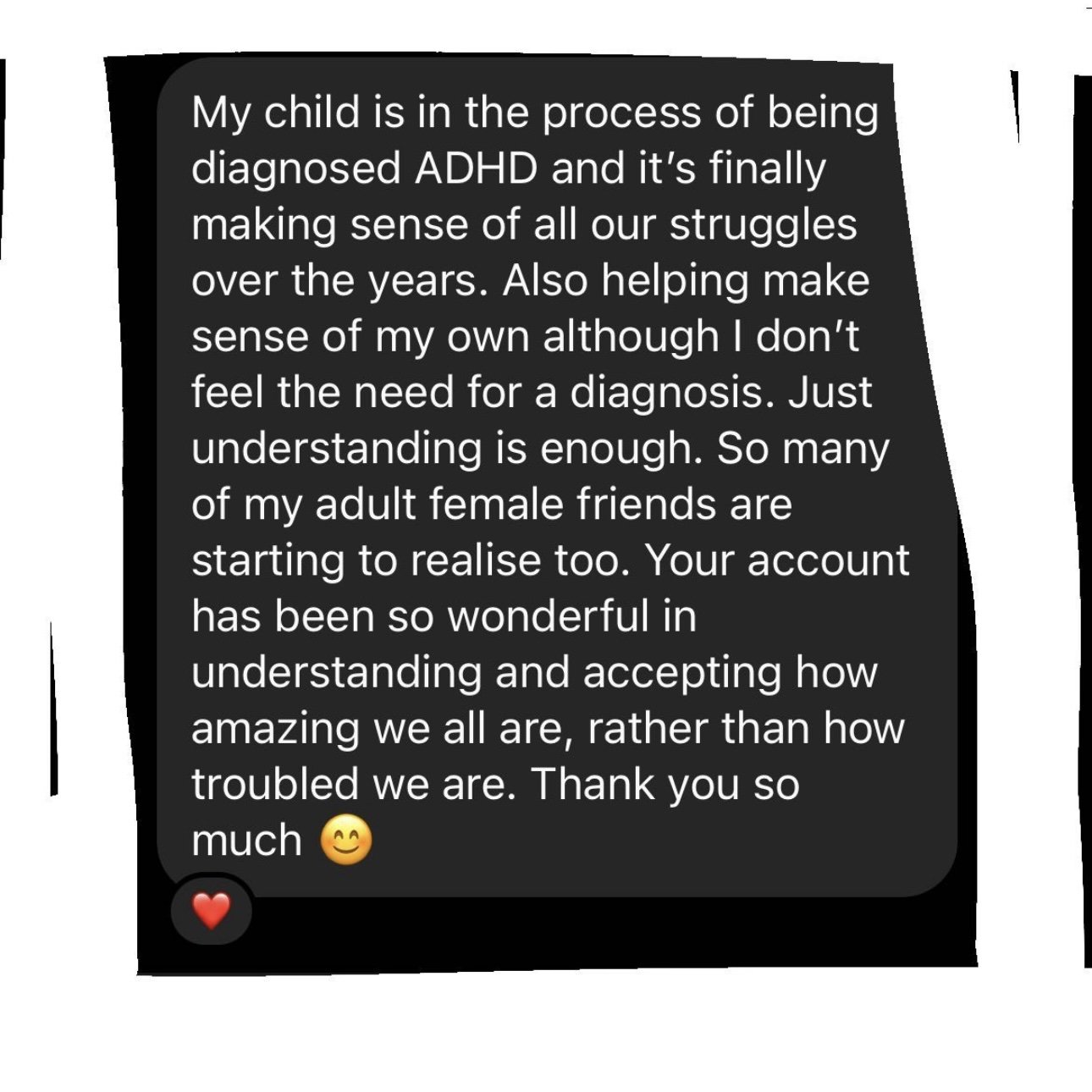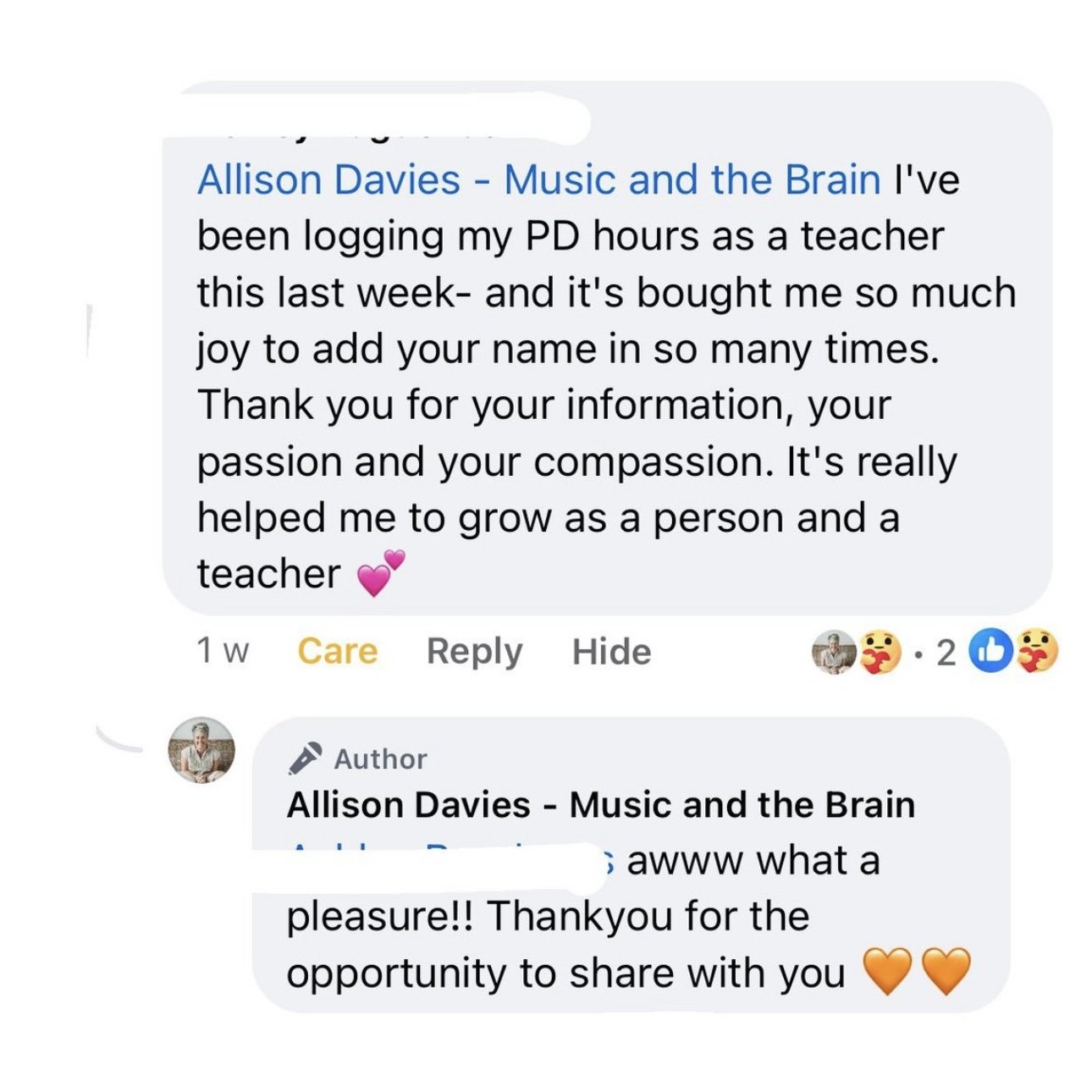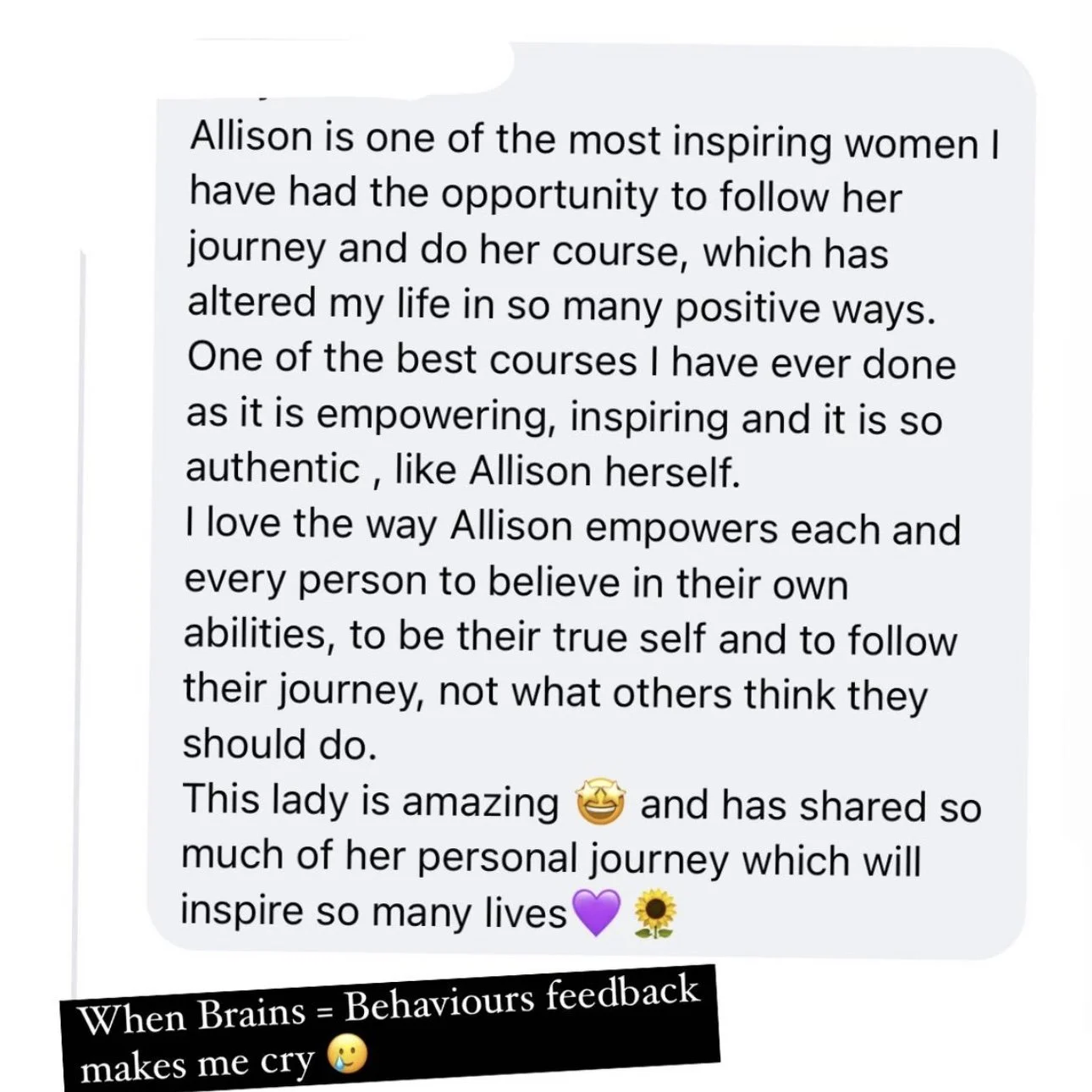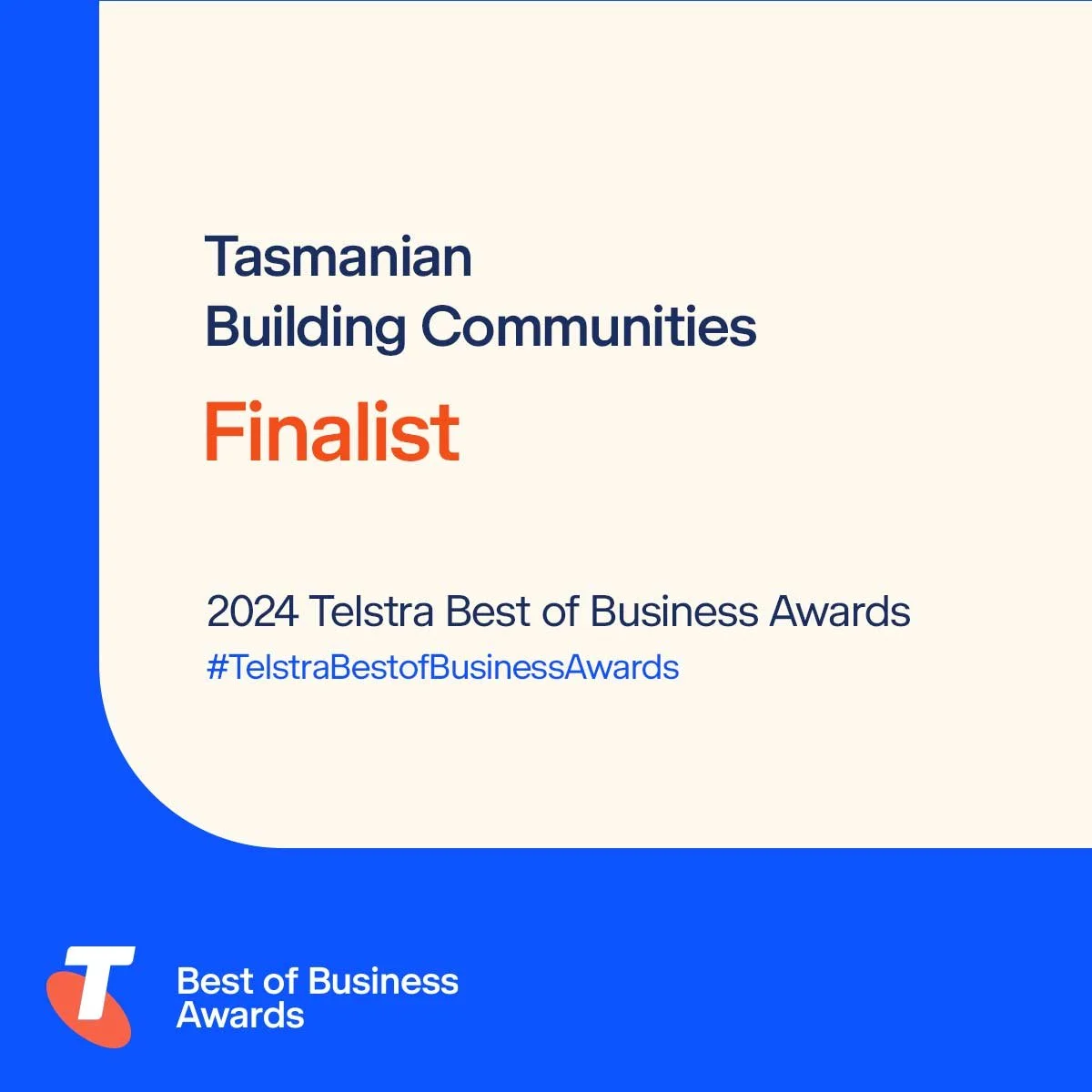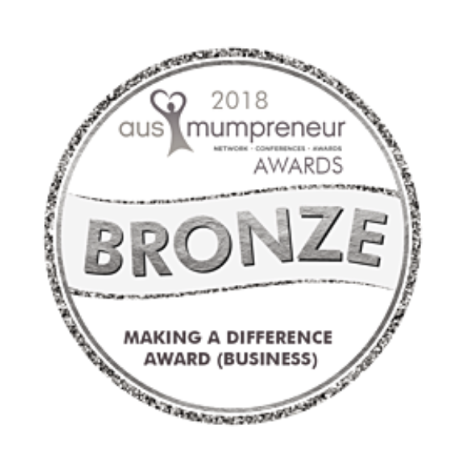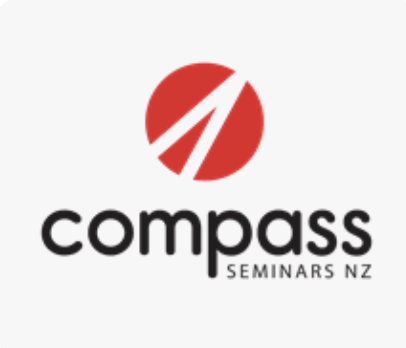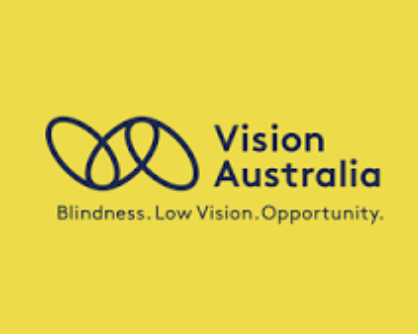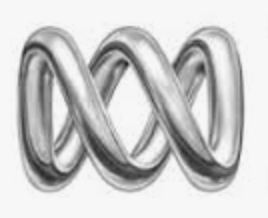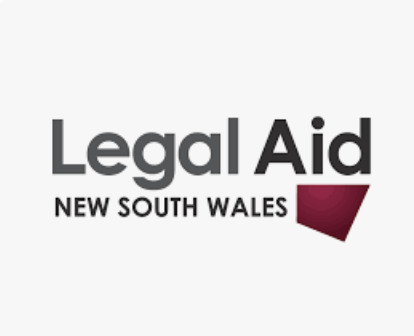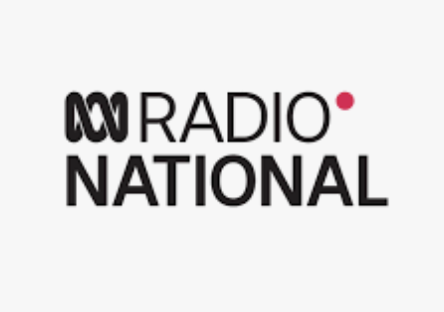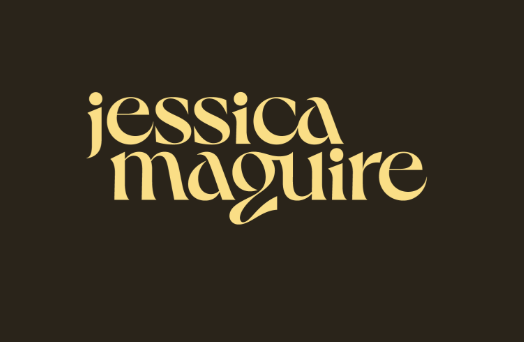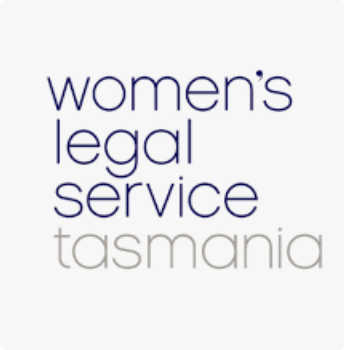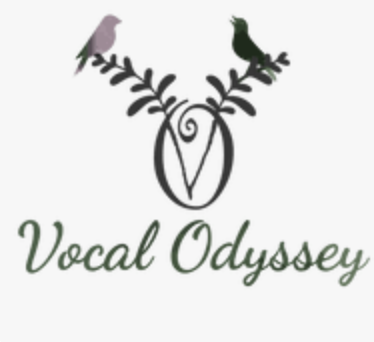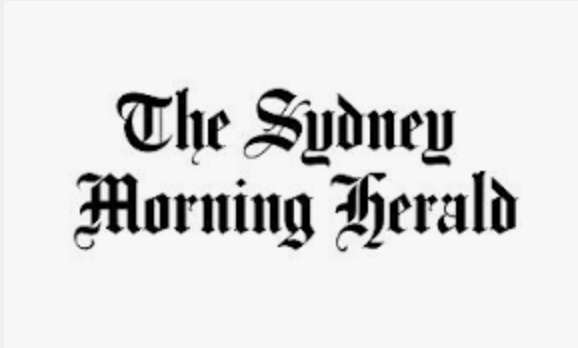
Who is Allison?
Education and Professional Career
Allison is the founder and co-director of online company ‘Allison Davies, Music and The Brain’ . Her primary role is to educate teachers, parents and service providers to use music as a regulatory tool and to implement trauma informed and neuro-affirming frameworks into their homes, schools and workplaces. She is a former Neurologic Music Therapist with 16 years experience in clinical and community settings, an award winning autism advocate and educator and international keynote speaker.
Allison holds a Bachelor of Music and Bachelor of Teaching (University of New England, 2003), a Master of Music Therapy (University of Queensland, 2005) and Neurologic Music Therapy training (Academy of Neurologic Music Therapy, 2016). A former Registered Music Therapist of 16 years, Alli left the Allied Health industry in 2021 in order to align her work more deeply with culturally responsive practices and to switch her focus from individual change to socio cultural change.
As a registered Music Therapist Alli made relationships with and delivered services for mental health organisations, the education department and the aged care sector. She delivered group & 1:1 therapy primarily in early childhood support, youth detention, neuro rehabilitation, dementia and palliative care.
Alli is an Autistic ADHD’er and Synaesthete and has focused her career on helping to reshape systems to make them safer for intersectional folk and the global majority. She is highly skilled in trauma care, disability advocacy and cultural responsibility\, and ensure that these inform the foundations of all elements of her work. Her work goals are regulatory in nature and focus on self efficacy, self actualisation and felt safety over behavioural outcomes and improved or developed skills.
In 2024 Allison Davies, Music and The Brain was awarded Telstra Best of Business Award, Tasmania.
Allison is a regular contributor to online network ParentTV, and radio station ‘Vision Australia’.
She lives in the rainforest of Lutruwita/Tasmania, with her husband and 2 children, where she enjoys the beach, the bush and baths.
Tasmanian Winner,
2024 Telstra Best of Business Awards.

